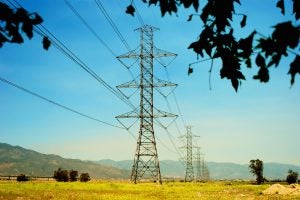 November 26, 2024
by Rachel Garwin
Climate change
State and Local
November 26, 2024
by Rachel Garwin
Climate change
State and Local
The window to achieve a livable, sustainable climate for all is rapidly closing.[1] The good news is that we have the tools to drastically reduce greenhouse gas emissions in order to avert the worst climate scenarios.[2] As recognized by the Paris Agreement…
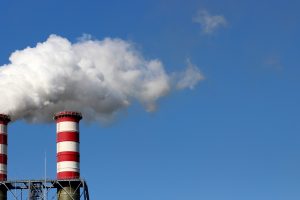 November 25, 2024
by Jay Sullivan
Air
Litigation
November 25, 2024
by Jay Sullivan
Air
Litigation
The Supreme Court will resolve a dispute on the proper venue for challenges to EPA’s disapproval of 21 states’ plans for ozone pollution under the Clean Air Act. The case continues the Court’s trend of hearing administrative and environmental law cases, and its outcome will shape the judiciary’s role in federal air pollution policy.
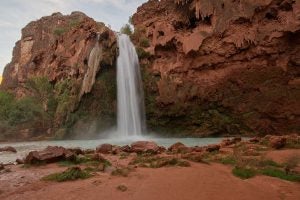 November 15, 2024
by Omid Rahimdel
Energy
Natural Resources
November 15, 2024
by Omid Rahimdel
Energy
Natural Resources
Uranium mining near the Havasupai Reservation in Arizona could contaminate the aquifer that provides the Havasupai with their water supply, jeopardizing the health of the tribe.
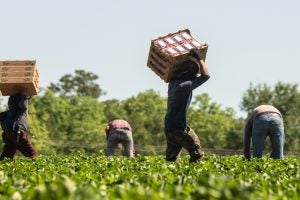 November 7, 2024
by Bill Shultz
Agriculture
Litigation
November 7, 2024
by Bill Shultz
Agriculture
Litigation
In a case pending before the U.S. District Court for the Southern District of Georgia, seventeen states, a farm owner, and a growers association challenged a final rule recently promulgated by the Department of Labor granting concerted action rights to migrant farmworkers. This challenge is just the latest move in industrial agriculture's 400-year history of farm worker exploitation.
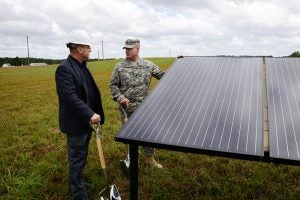 November 1, 2024
by Robert Elliott
Climate change
Natural Resources
November 1, 2024
by Robert Elliott
Climate change
Natural Resources
The Department of Defense has made significant progress in advancing climate objectives, going from “assessing” climate impacts to building climate concerns into planning and acquisition processes.
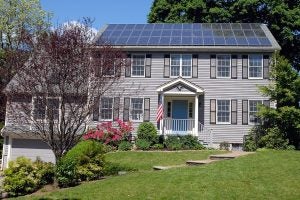 October 24, 2024
by Kathryn Blanco
Energy
Renewable Energy
State and Local
October 24, 2024
by Kathryn Blanco
Energy
Renewable Energy
State and Local
A bill before the D.C. Council, the Resilient and Energy Efficient Historic Properties Amendment Act, would amend the solar panel permitting process for residents in historic districts.
 October 22, 2024
by Gabriel Hearn-Desautels
Energy
Fossil Fuels
Litigation
Oil and Gas
Renewable Energy
October 22, 2024
by Gabriel Hearn-Desautels
Energy
Fossil Fuels
Litigation
Oil and Gas
Renewable Energy
A regional utility’s role in a $52B lawsuit could have significant implications for the future of climate litigation.
 October 3, 2024
by Berit DeGrandpre
Regulations
State and Local
Water
October 3, 2024
by Berit DeGrandpre
Regulations
State and Local
Water
The Supreme Court will hear a challenge to a pollution discharge permit issued by EPA under the Clean Water Act. The case raises questions of statutory interpretation, administrative, and environmental law that have been hot topics at the Supreme Court in recent terms.
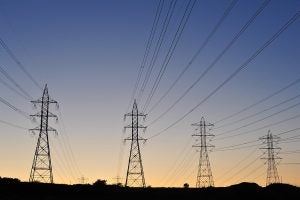 September 26, 2024
by Aidan Bassett
Energy
September 26, 2024
by Aidan Bassett
Energy
To address the transmission interconnection queue, regulators should have new powers, a modern study process, and a central role in planning the future of transmission.
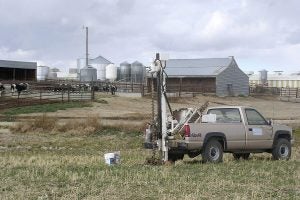 September 19, 2024
by Zak Handler
Agriculture
Climate change
September 19, 2024
by Zak Handler
Agriculture
Climate change
Diet and food production, especially of meat, has a large impact on climate change. The U.S. Dietary Guidelines should be used to help deal with the climate consequences of diet.











